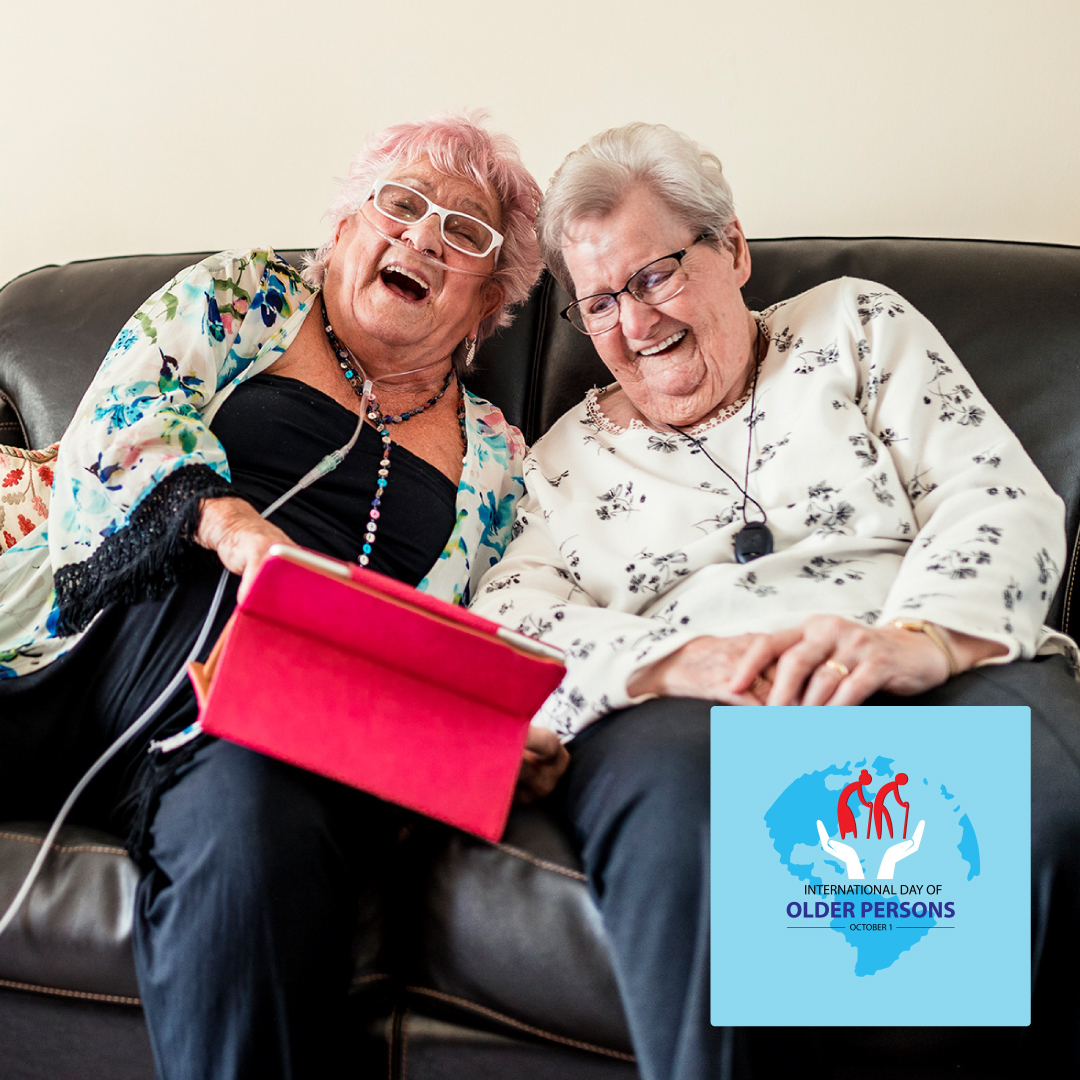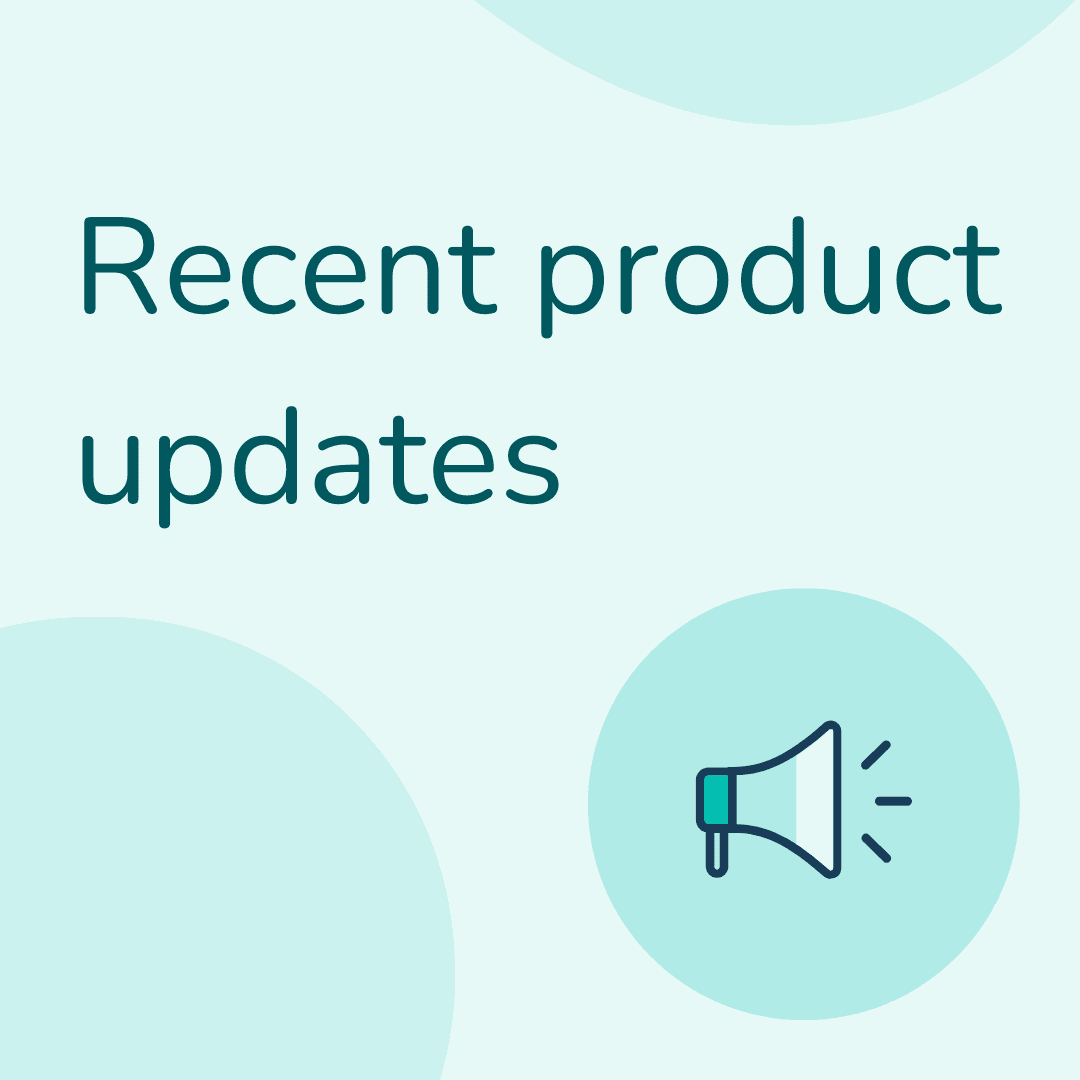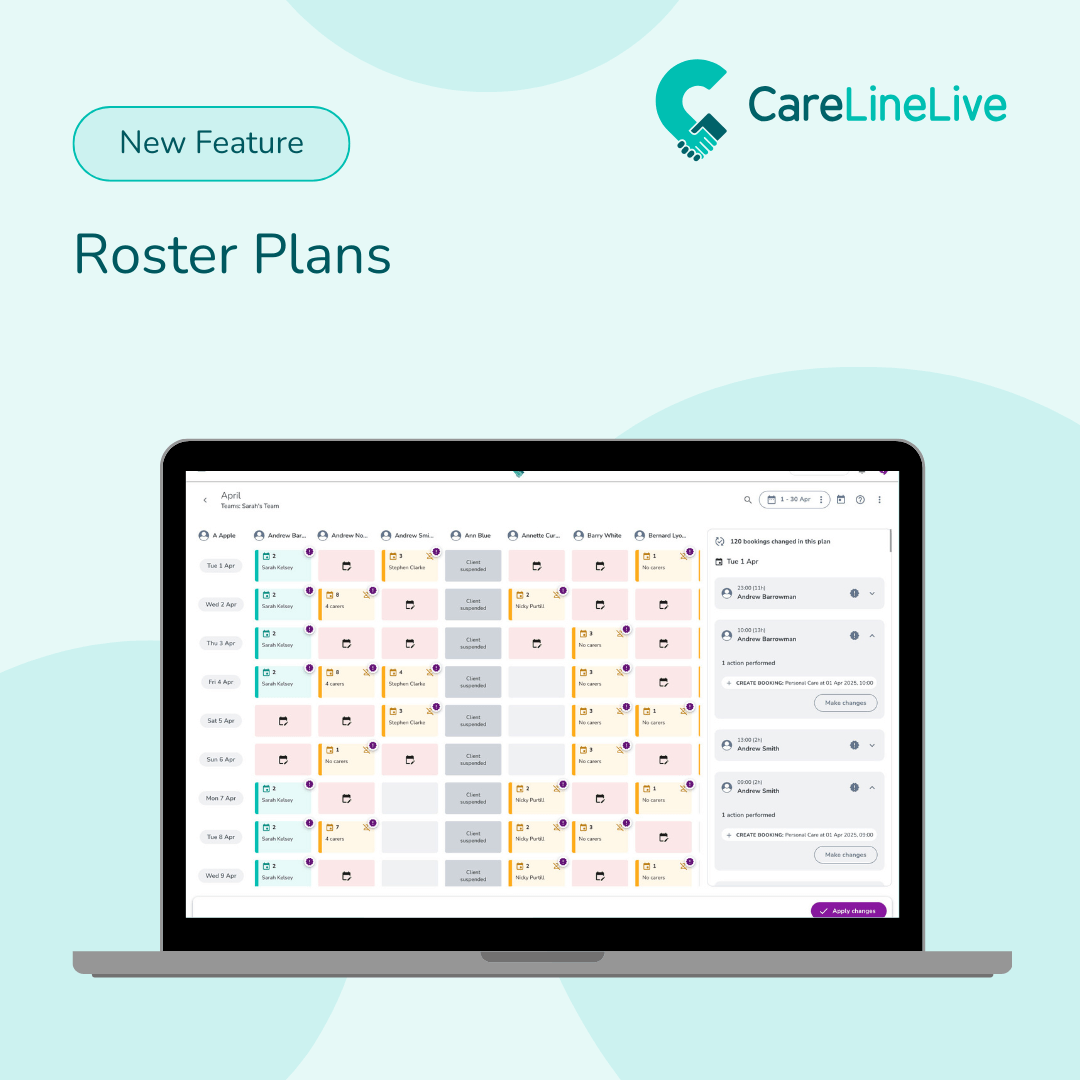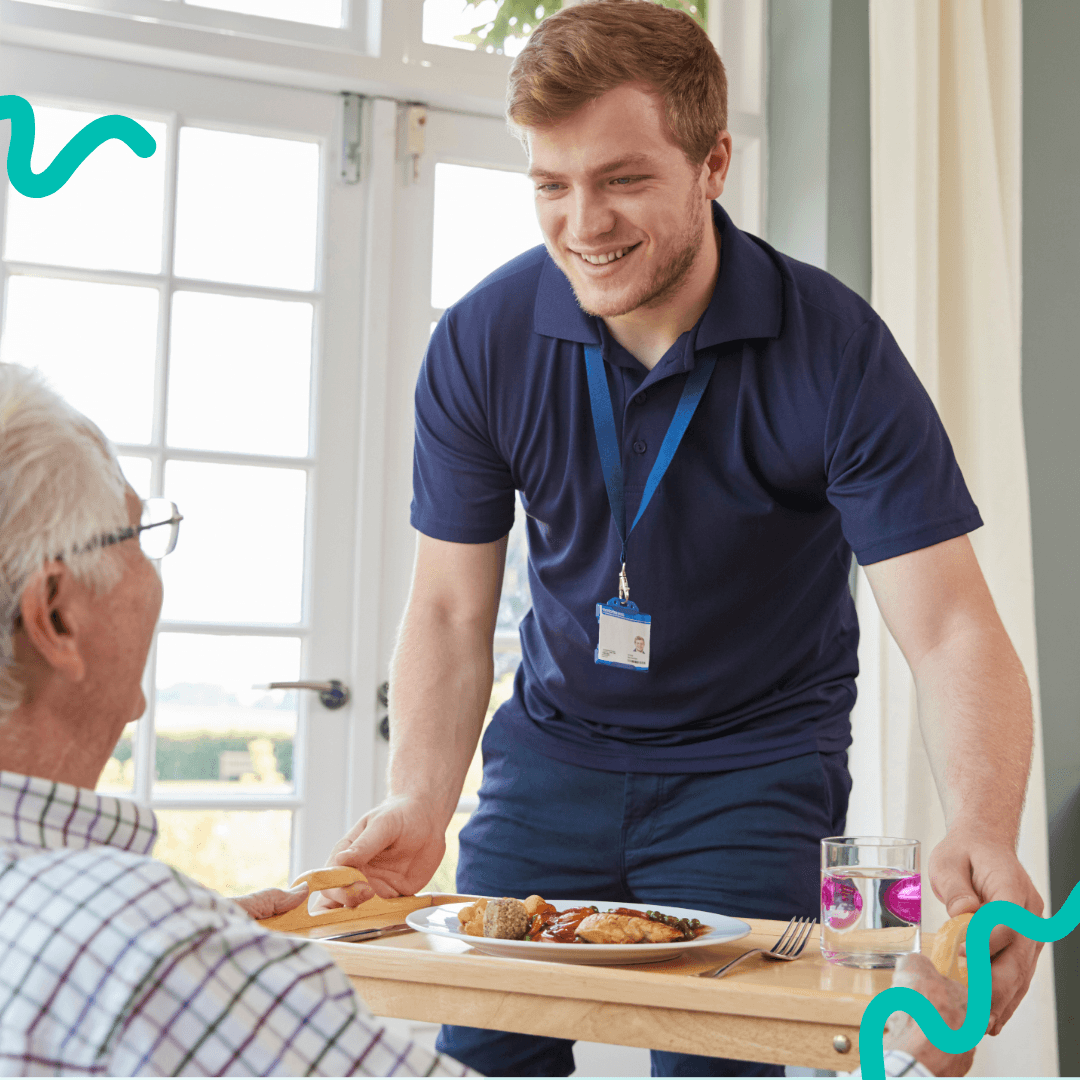Today, 1st October 2022, is the UN International Day of Older Persons. This year the focus is on The Resilience and Contributions of Older Women and Resilience of Older Persons in a Changing World.
Our elderly population has witnessed unprecedented change over their lifetime with the pace of technological change accelerating faster than ever. Their resilience in working with, and often embracing technology for themselves, rather than simply watching it evolve around them provides them access to better communications, services and quality of life.
The pandemic saw an increase in older people using technology to communicate with friends and family, with 77% of over 65s using the internet at home in 2020. And the proportion of people aged 75 or older using the internet has nearly doubled in the seven years leading to 2021.
Digital transformation is playing a vital role in the provision of services for older people across the world and the UK home care sector. As UK’s Health Secretary, on announcing a plan for digital health and social care in June 2022, Sajid Javid said that “the long-term sustainability of health and social care is dependent on having the right digital foundations in place, and so digital transformation must be the linchpin upon which all of these reforms are based”.
£2 billion of funding was announced to support electronic health records and help over 500,000 people to use digital tools to manage their long-term health conditions in their own homes.
In September 2022, the UK’s new Health Secretary Thérèse Coffey announced a new £500m adult social care discharge fund to free up hospital beds and bolster the care workforce this winter.
Working with Mid and South Essex NHS Foundation Trust CareLineLive has enabled the Trust’s Bridging Service to grow 10-fold, which in a 12 month period saved around 13,000 bed days. CareLineLive’s software has increased the capacity of the Trust’s bridging service to get people out of hospital earlier and avoid admission to hospital by providing care to those who are experiencing a delay in getting social care.
The UK government has also set a target of 80% of CQC (England’s regulatory body for health and social care providers) registered providers to have digital social care records by March 2024. CareLineLive can enable providers to move away from time consuming paper-based processes to full digital record keeping.
How CareLineLive’s software can help
Service users looked after by home care providers working with CareLineLive can enjoy the benefits of digital technology helping manage their care. The carer’s mobile app means that managers can keep carers up-to-date with care needs using eMAR, digitally-recorded physical and mental welfare observations and CareLineLive’s multiple assessment tools.
The Care Circle Portal provides updates and communications to all stakeholders including the service user, their friends and family and community health care professionals.
With the Care Circle Portal for some very elderly clients, the friends and family can be quite elderly themselves. With a little help they soon learn how to use the portal accessed online on a web browser and like to check in on what their loved one has been doing, what they have eaten, their medications and care visits.
Carer and service user experiences of using CareLineLive’s technology
CareLineLive carer Holly Nolan works for Whell Care in Morpeth. As a 22 year old carer she is herself what is known as a Digital Native. She was born in an era where internet access, mobile phones, apps and social media were commonplace. As such, she finds the CareLineLive carer app a doddle to use but says that her mum, also a carer, and her older colleagues have also embraced the technology. She says that the check in and check out features are helpful to monitor the times of visits and that the client information and note taking features mean that the office, as well as family, are always up-to-date.
So on the UN International Day of Older Persons, we recognise that whilst not all people in home care are elderly, and not all elderly people receive home care, technology is an essential part of a modern home care service. By embracing technology in their home care businesses providers can enjoy more efficient and effective administrative processes enabling them to deliver better care to service users.



